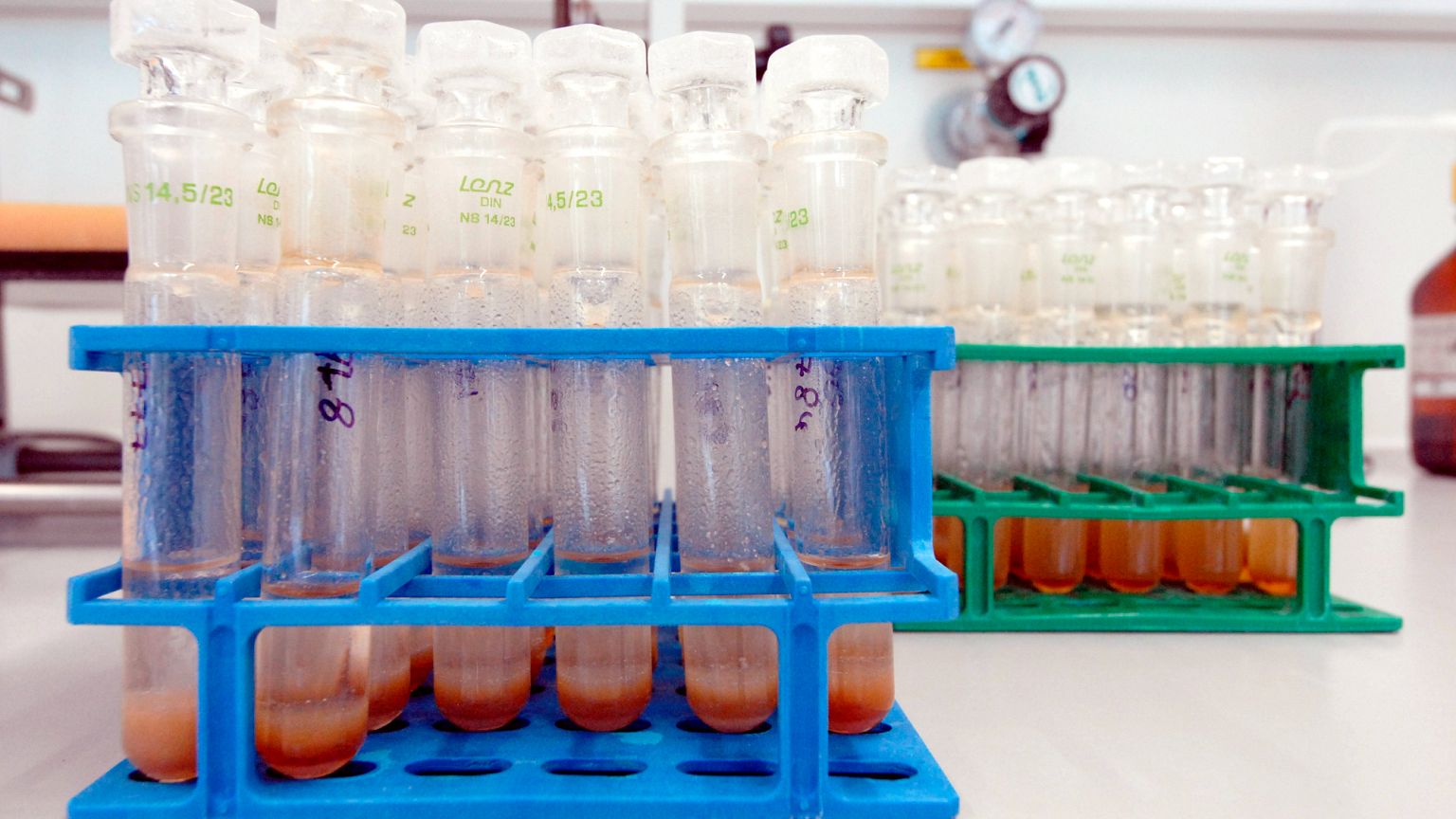Health
Doping’s Impact on Athletes: Health Risks Uncovered at Major Events

The ongoing World Aquatics Championships in Singapore, the concluding stages of the Tour de France, and the UEFA Women’s EURO 2025 final this weekend spotlight the importance of maintaining clean competition in sports. Athletes participating in these prestigious events face rigorous anti-doping measures enforced by the World Anti-Doping Agency (WADA) to ensure fairness and athlete safety. While the focus is often on performance, the health risks associated with doping substances are gaining increasing attention, highlighting a critical issue within the sporting community.
Understanding Doping and Its Health Risks
Performance-enhancing drugs, while designed to improve athletic performance, come with a range of potential health risks. To be classified on the WADA Prohibited List, a substance must meet at least two of three criteria: it enhances performance, poses health risks, or violates the spirit of sport. This classification means that some substances may enhance performance without immediate health risks, while others could present serious long-term dangers.
Research on doping remains complex. According to Francesco Botre, Director of the WADA-accredited anti-doping laboratory in Rome, ethical considerations limit the scope of studies. For example, high doses of certain banned substances cannot be ethically administered to study participants due to safety concerns. Moreover, the relatively recent emergence of many doping substances complicates the understanding of their long-term effects, as noted by Dominic Sagoe, Professor of Psychology at the University of Bergen.
Common Doping Substances and Their Effects
Anabolic steroids are among the most well-researched doping agents. Widely used in sports requiring strength, such as sprinting and weightlifting, these substances accelerate muscle growth through enhanced protein synthesis. The case of Italian tennis player Jannik Sinner, who tested positive for steroids in March 2024, illustrates the risks involved. Following his positive test, Sinner received a three-month ban from WADA.
The health implications of anabolic steroids are significant. As Astrid Kristine Bjørnebekk, a leader in anabolic steroid research at Oslo University Hospital, explains, steroids can cause the heart to enlarge, leading to serious cardiovascular issues over time. “The heart’s ability to pump blood can be compromised, potentially resulting in heart failure,” she stated. Research has also linked steroid use to changes in brain structure, with reduced volume observed in the cerebral cortex.
Erythropoietin (EPO), a hormone that stimulates red blood cell production, is commonly used in endurance sports like cycling and marathon running. Blood doping, which involves manipulating blood transfusions to enhance oxygen capacity, is similarly associated with serious health risks. The notorious case of cyclist Lance Armstrong, who admitted to doping in a 2013 interview, underscores the potential dangers of these practices. Both EPO and blood doping can lead to severe complications, including blood clots, strokes, and heart attacks.
Despite alarming reports linking EPO to fatalities among cyclists in the 1990s and 2000s, later studies have contested these claims, emphasizing the need for caution when interpreting such data.
Beta blockers, less commonly recognized as performance enhancers, are used to help athletes manage anxiety and maintain a steady heart rate. Banned in sports such as archery and shooting, these medications have been associated with side effects like fatigue and dizziness. The long-term implications of beta blocker use in sports are not well understood, though some studies suggest a potential link to an increased risk of Parkinson’s disease.
As the sporting world continues to grapple with doping, the health consequences for athletes remain a crucial area of investigation. The challenge lies not only in detecting doping but also in understanding its long-term effects on health. With ongoing events like the World Aquatics Championships and UEFA Women’s EURO 2025, the spotlight on clean competition is more relevant than ever, reminding athletes and fans alike of the importance of integrity in sports.
-

 Top Stories3 months ago
Top Stories3 months agoTributes Surge for 9-Year-Old Leon Briody After Cancer Battle
-

 Entertainment4 months ago
Entertainment4 months agoAimee Osbourne Joins Family for Emotional Tribute to Ozzy
-

 Politics4 months ago
Politics4 months agoDanny Healy-Rae Considers Complaint After Altercation with Garda
-

 Top Stories4 months ago
Top Stories4 months agoIreland Enjoys Summer Heat as Hurricane Erin Approaches Atlantic
-

 World5 months ago
World5 months agoHawaii Commemorates 80 Years Since Hiroshima Bombing with Ceremony
-

 Top Stories3 months ago
Top Stories3 months agoNewcastle West Woman Patricia Foley Found Safe After Urgent Search
-

 Top Stories5 months ago
Top Stories5 months agoFianna Fáil TDs Urgently Consider Maire Geoghegan-Quinn for Presidency
-

 World5 months ago
World5 months agoCouple Convicted of Murdering Two-Year-Old Grandson in Wales
-

 World5 months ago
World5 months agoGaza Aid Distribution Tragedy: 20 Killed Amid Ongoing Violence
-

 World5 months ago
World5 months agoAristocrat Constance Marten and Partner Convicted of Infant Murder
-

 Top Stories4 months ago
Top Stories4 months agoClimbing Errigal: A Must-Do Summer Adventure in Donegal
-

 Top Stories4 months ago
Top Stories4 months agoHike Donegal’s Errigal Mountain NOW for Unforgettable Summer Views









